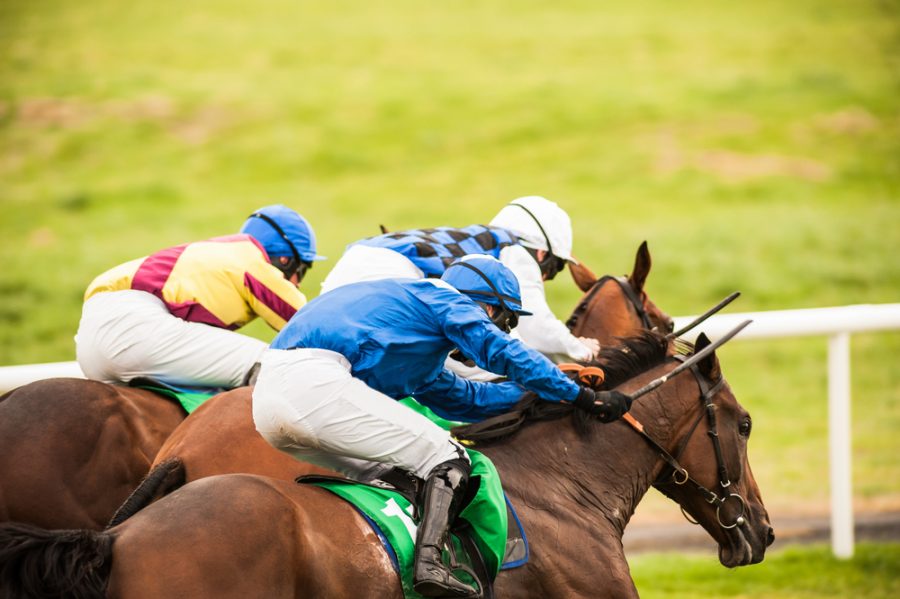History is about to be made in British Horseracing as the sport is to become the first sport in Britain to commence saliva testing that will examine jockeys on the day for prohibited substances, like cocaine.
In the past, horseracing jockeys were tested examining urine, hair, and blood sampling.
By taking saliva samples of jockeys, results will be available almost immediately, meaning horseracing jockeys can be dropped from racing on the same day.
The hope is that more tests can be done because the method has proven to be cheaper are more effective.
The British Horseracing Authority in association with the Professional Jockeys Association will begin a pilot, that is due to start in the spring, and the British Authority said the development could have a major impact on its ability to protect the state of health of horses and jockeys. There have been some horse price changes in the past few months due to the pandemic which has nothing but negative impacts on Horse racing.
For this new testing method, the British Horseracing Authority has now confirmed it will allocate more funds to testing in the current year.
Jockey Philip Prince, was recently banned from racing for six months after testing positive for a banned substance – a metabolite of cocaine, at Wolverhampton Races, in November of last year.
A disciplinary panel of the British Horseracing Authority heard Jockey Philip Prince’s sample had a high level of a banned substance.
The Jockey admitted the breach and said in an interview he uses cocaine regularly, as much as three to four times weekly.
Philip, during the BHA interview, confessed he used the drug to lift his mood.
Needless to state that a Jockey riding under the influence of cocaine poses a great risk to other jockeys and horses.
Prince tendered an unreserved apology for his breach and is presently undertaking a compulsory six-week rehabilitation course.
According to Rory MacNeice via BBC, the representative of Prince, the banned Jockey is now focusing on rebuilding his horseracing career and life.
Under the latest British Horseracing Authority pilot run of saliva testing, if a horse rider tests positive for a banned substance, they will be instantly stood down from taking part in the race that day, as is the case if a rider fails a breathalyzer test for alcohol presence.
Jockeys would also need to take a confirmatory test after initial testing positive from the saliva test, for subsequent use in any disciplinary or investigatory action.
At the moment, no other famous sport in Britain makes use of oral swabs to give on-the-day screening for substances that are banned from use by sportsmen and women.
Without a doubt, this historic move by the BHA is an innovative and exciting one that could have a vital impact on Sports. This testing method will help protect the sport against persons competing under the influence of banned substances.
Also, the use of this latest sample collection method, along with the increased capacity of testing, will offer more deterrent to prospective offenders and better reassurance to Jockeys that they are racing in an environment that is safe.
The Professional Jockeys Association has long been demanding more testing of riders, and a rise in the number of cases since the year 2019 has only spiked up the need to act on their plea.
Authorities hope more consistent testing will mean riders will think it’s increasingly likely they’ll get nabbed and therefore not indulge in prohibited substances.

